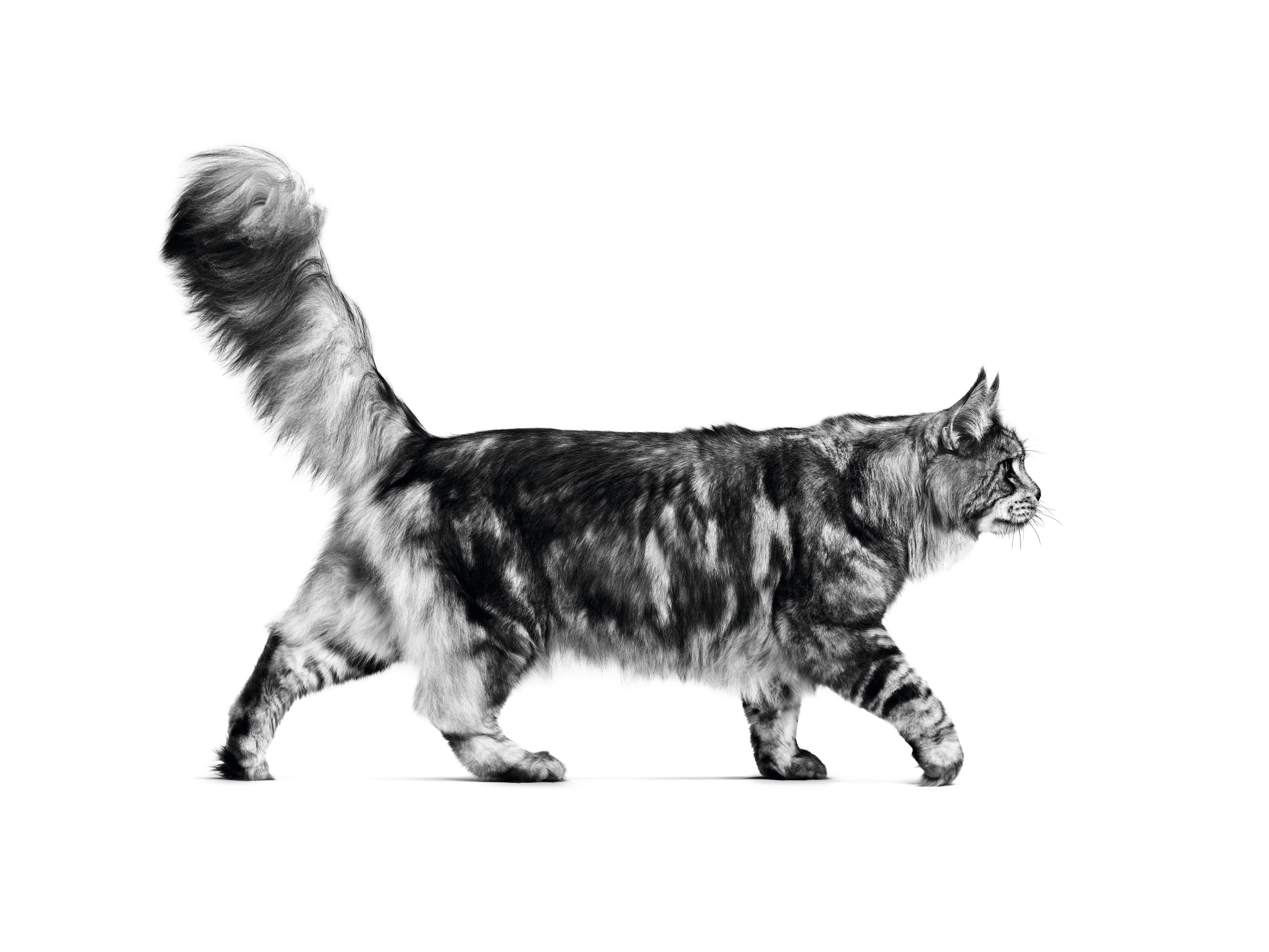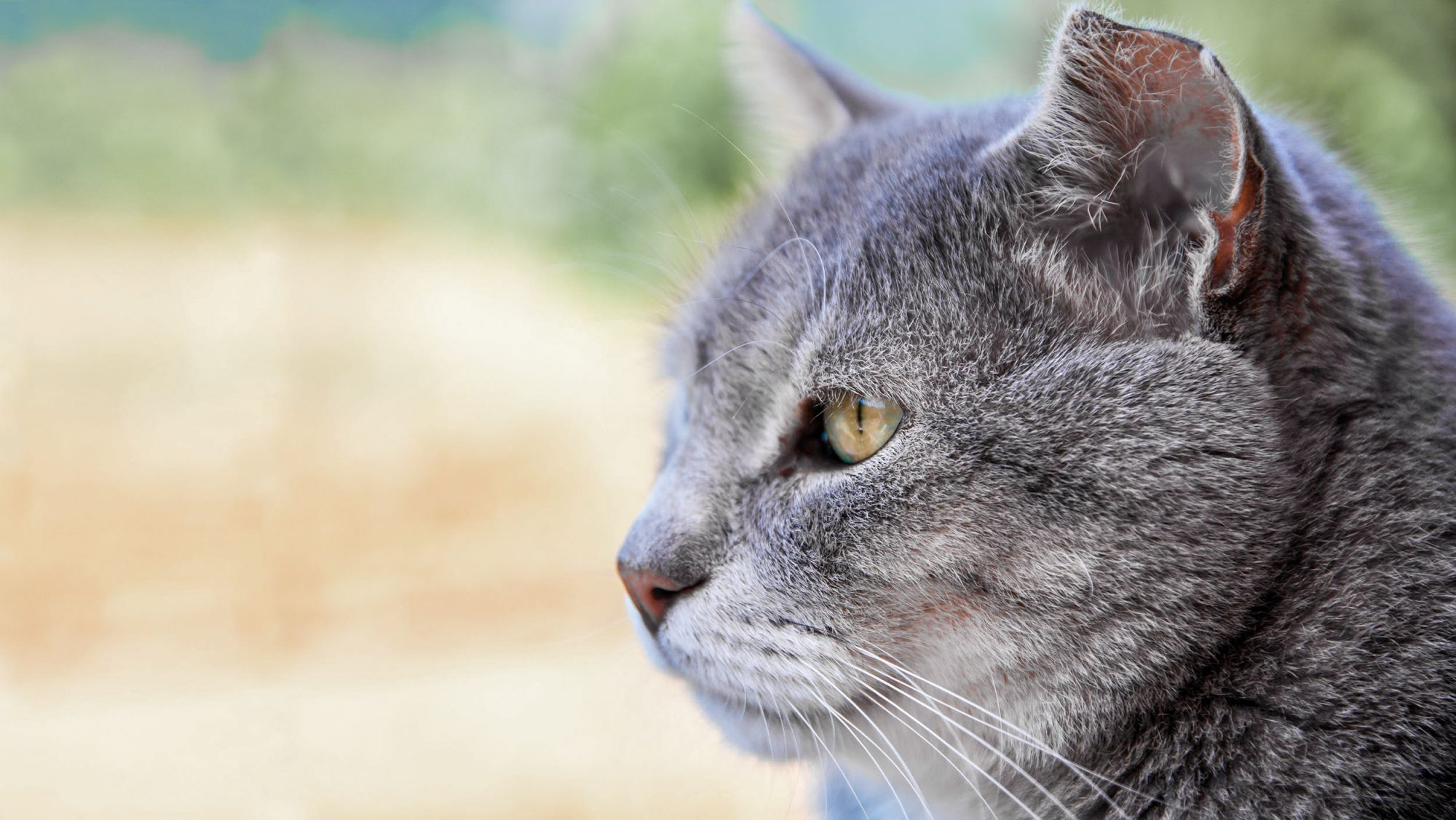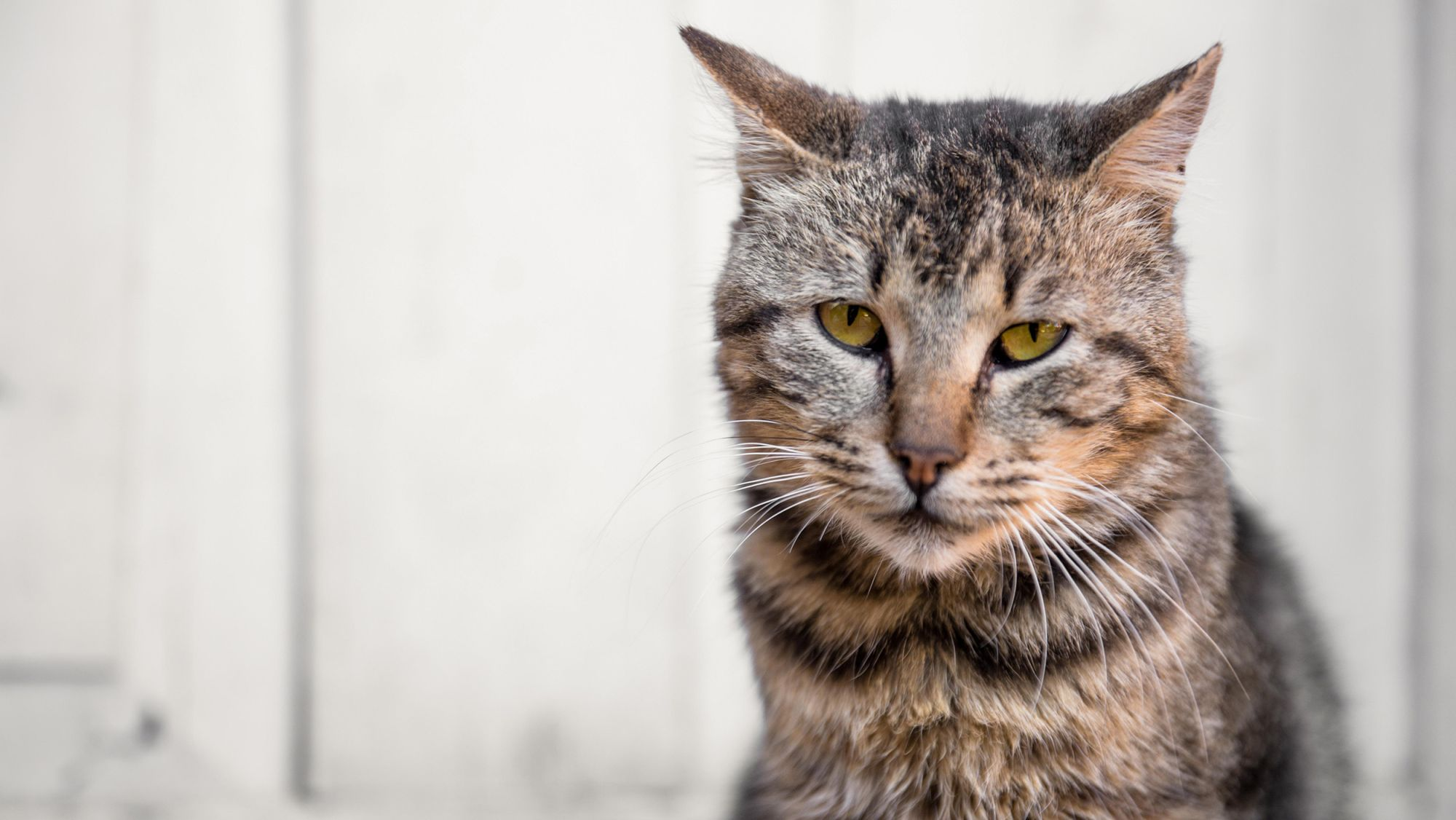
Your senior cat
Ageing is an individual experience and every senior pet is unique. Cats enter their senior years at around 7 to 10 years of age – this is when it becomes important to monitor your cat more closely for common signs of ageing, such as changes to bodyweight and reduced activity. Tailored nutrition can help support senior pets through the changes associated with ageing. Book your next vet appointment to discuss what diet would best suit your senior cat.
Did you know?
Older cats become less active and heave reduced lean body mass.

How old age affects cats
Ageing in itself is not a disease, however ageing does represent some changes for your pet. Expected age related changes include loss of lean muscle mass, reduced activity, and impaired senses such as vision and smell. Ageing also means that your cat is more prone to disease, such as dental and kidney disease. Fortunately we can help manage some of these conditions through the nutrition we feed them.

Nutritional needs for ageing cats
Ageing cats have different nutritional needs to kittens, and even adult cats. Senior cats are often less active, have a reduced appetite and are prone to weight loss. Senior diets for cats may have increased calories to help keep senior cats at a healthy bodyweight. As every senior pet is unique, speak to your veterinarian about the most appropriate diet for your cat.

Speak with your vet
Book an appointment with your veterinarian today to ensure your pet is receiving the appropriate nutrition for their life stage.